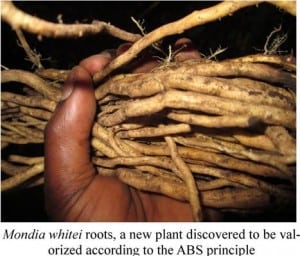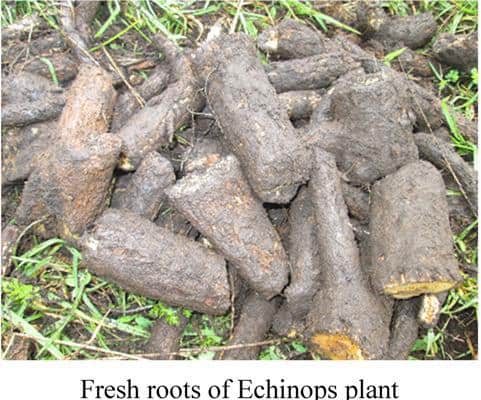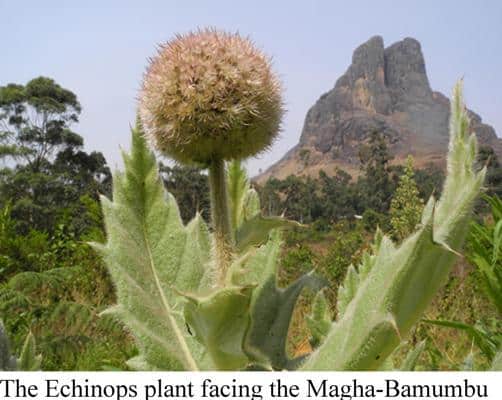
However, actual and claimed cases of bio-piracy have been made on genetic resources. This has raised doubts on what constitutes the legal and appropriate collection practices to protect the interests of both those who own the genetic resources (governments and/or local communities) and those who use the genetic resources (researchers or companies)
The gains and benefits arising from the transfer of genetic resources have hardly ever been shared with the indigenous communities at the initial stage of transfer. Developing countries had no legal backing to ensure that the use of their genetic resources and traditional knowledge would be compensated.
Sadly, despite their wealth of natural resources and traditional knowledge, indigenous communities lack the capacity to negotiate for their access and use, hence are left out of the process of sharing benefits for access and/or exploitation of these genetic resources.
It is in this light that the Cameroon government is working with the Environment and Rural Development Foundation (ERuDeF), through its ABS Echinops & Mondia project to concretizing a framework on ABS in Cameroon.
This project seeks to valorise the use of the Echinops giganteus and Mondia whitei plants and their related traditional knowledge by strengthening opportunities for fair and equitable sharing of benefits.

The project will ensure a clearer understanding of the ABS process by indigenous and local communities involved and their genuine participation in the implementation of ABS will be guaranteed. Indigenous communities’ genetic resources and traditional knowledge will be respected through the development of a biocultural community protocol, intellectual properties right will go to these communities with respect to traditional knowledge associated to Echinops and Mondia.
In order to ensure availability of these plants, an ex-situ and in-situ regeneration program for sustainable management of these plants will be developed. The project will equally ensure that other relevant valuable natural resources in the involved communities are identified.

Be a part of this project to train ambassadors for ABS, boost income levels, alleviate poverty, conserve biodiversity and satisfy the international agreement on biological diversity of 1992 in Cameroon. The project will ensure good governance at all levels in respect with the development of Bio-cultural Community Protocol (BCP) regulating the use of these plant species and related traditional knowledge.



